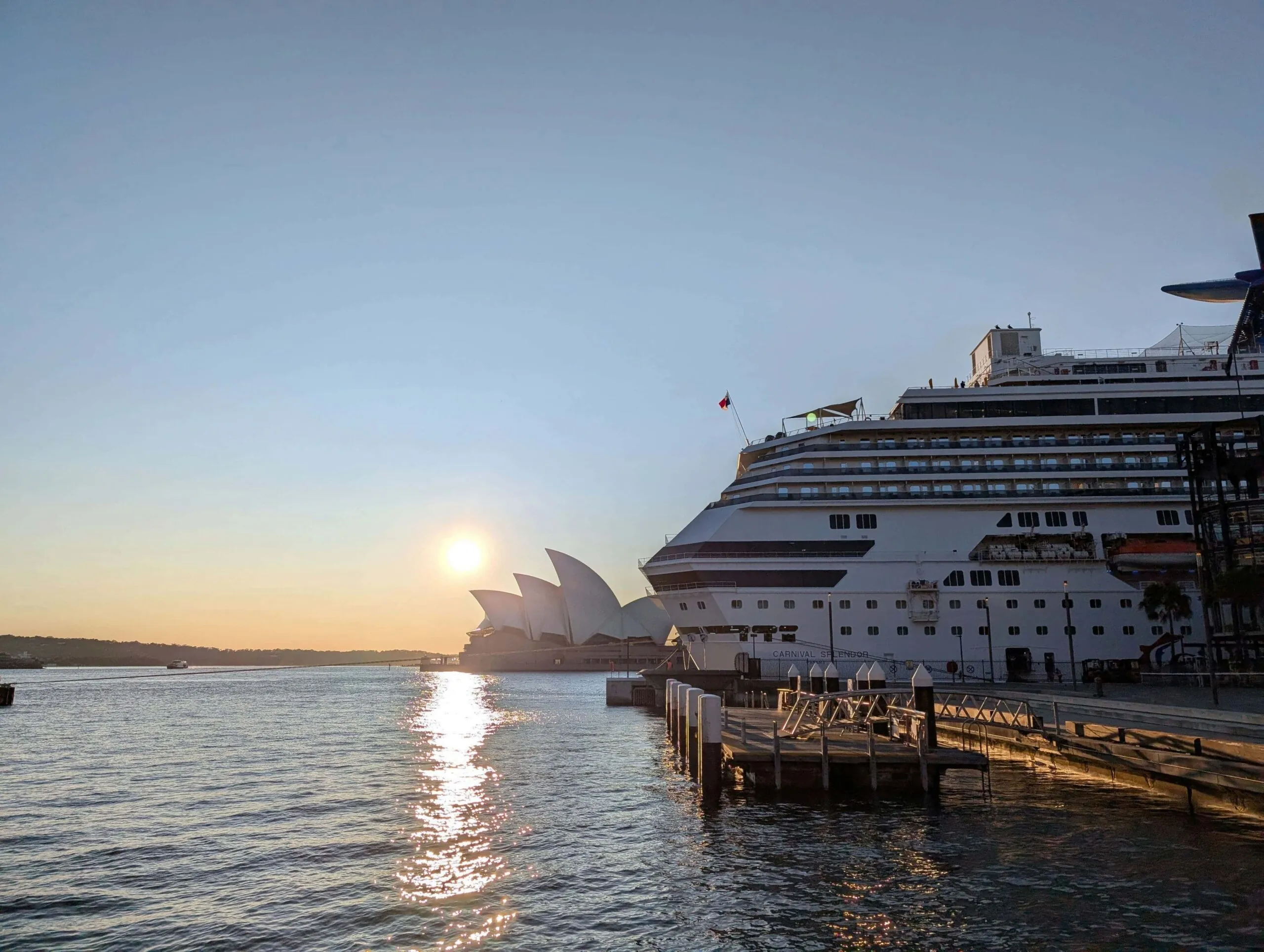Australian health authorities are on track to approve a vaccine ahead of schedule, which could see fully vaccinated Australian travellers by mid-year.
Health Minister Greg Hunt says Australia has a five-stage vaccination rollout program, and would be making final decisions at the end of January.
The government’s roll-out program means health workers and the elderly will start receiving vaccines in March. It takes some two months to get fully vaccinated – there is a six-week wait between the first and second vaccines. So the first immunised Australians will be in late May.
So Australia is currently on track to start a cruise wave season on schedule in September, depending on how quickly and efficiently the vaccine is rolled out and providing there are no problems with the vaccines.
While cruise lines are pressing for no extension of the current cruise ban on internatinal ships, which expires on December 17, an exclusive Cruise Passenger poll shows most passengers want a vaccine to be mandatory on ships sailing Australian waters.
some 260 readers said it should be made mandatory, while only 27 voted against.
Here’s what you need to know about how the vaccine is likely to affect cruising in Australia:
Mr Hunt said of the program: “The first was the selection of vaccines. And we’re very fortunate that we’ve been able to select and then acquire, which is the second stage – four vaccines, 134.8 million units, the AstraZeneca vaccine for 33.8 million units, the Pfizer vaccine for 10 million units, the Novavax vaccine, 40 million units, and Australia’s own CSL – University of Queensland vaccine for 51 million units, as well as 25.5 million units of access through what’s known as the COVAX International Facility.
 “Then there is the regulatory approvals process, that’s currently underway…We’re moving quickly but safely, and we’re making sure there are no compromises because the safety of Australians is the number one priority.
“Then there is the regulatory approvals process, that’s currently underway…We’re moving quickly but safely, and we’re making sure there are no compromises because the safety of Australians is the number one priority.
“Then we move to the actual roll out itself, the priorities of ATAGI – The Australian Technical Advisory Group on Immunisation – have been published by the National Cabinet.
“The Australian government retains the lead, but we’ve been working in a very productive way with the states and territories and we thank them. I also think the opposition, who have been very constructive in supporting, just this morning the Australian Immunisation Register bill, which reaffirms that vaccination is, in Australia is voluntary, but that reporting of that vaccination will be required, which will give us important public health data and each individual will have that data that they can access as they need in regard to their own vaccination history, which is a really important thing for families around Australia and every individual.
“Then post vaccination and that’s the final stage of the vaccination journey. That’s being considered now.
“All of which, though, is ahead of schedule. We are on track for decisions on the early vaccines by the end of January. We are on track for first vaccinations, beginning with our health workers and our aged care residents subject to approvals, in March.”









